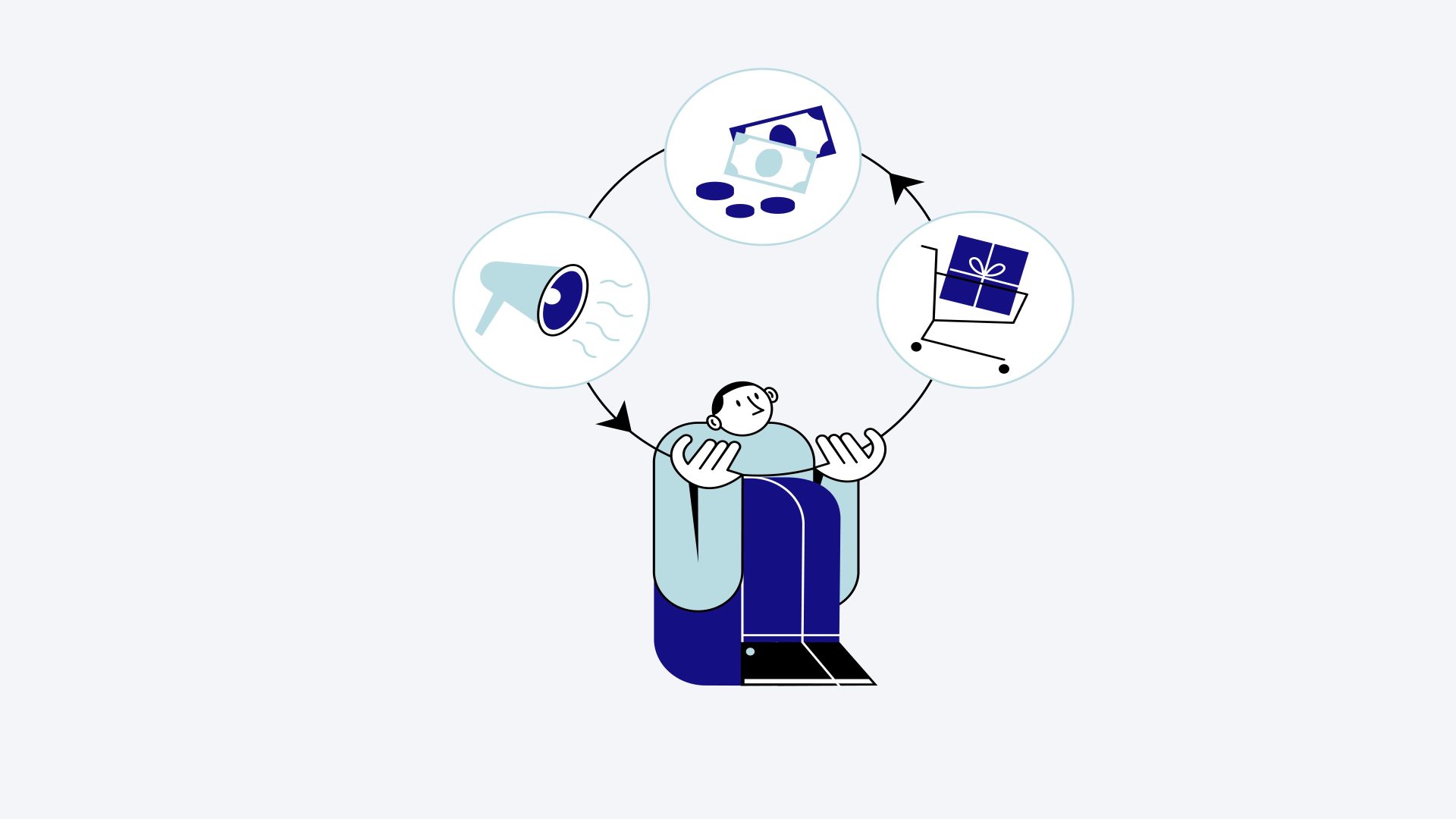Attract more visitors, generate leads, and boost sales with our comparison of content & inbound marketing strategies. Discover which method aligns best with your goals.
When it comes to marketing, there are various strategies and approaches that businesses can use to attract and retain customers. Two such popular methods are content marketing and inbound marketing. While they share similarities, they also have distinct differences that set them apart. Understanding the nuances of each approach is essential for businesses looking to maximize their marketing efforts. This article will delve into the definitions, strategies, and key differences between content marketing and inbound marketing, and how they can be effectively utilized in marketing strategies.
What is Content Marketing?
Content marketing is a strategic marketing approach focused on creating and distributing valuable, relevant, and consistent content to attract and retain a defined audience. The ultimate goal of content marketing is to drive profitable customer action. This method involves understanding the needs and interests of the target audience and delivering content that aligns with those aspects.
Definition of Content Marketing
Content marketing encompasses the creation and sharing of online material such as videos, blogs, and social media posts that does not explicitly promote a brand but is intended to stimulate interest in its products or services. It is an indirect way of building trust and credibility with potential customers, ultimately leading to increased brand loyalty and sales.
Content Marketing Strategy
A successful content marketing strategy involves identifying the target audience, planning the type of content to create, and determining the best channels for distributing that content. It also includes setting specific goals and metrics to measure performance, ensuring that the content created aligns with the overall marketing objectives.
Types of Content in Content Marketing
Content marketing uses various types of content to attract and engage the audience, including blog posts, videos, infographics, podcasts, social media posts, and e-books, among others. This diverse range of content helps maintain a consistent and engaging online presence.
What is Inbound Marketing?
Inbound marketing, like content marketing, is a customer-centric approach to marketing. It is focused on attracting customers through relevant and helpful content and adding value at every stage in a customer’s buying journey. The primary aim is to engage potential customers and guide them through the marketing funnel, converting them into loyal advocates of the brand.
Definition of Inbound Marketing
Inbound marketing is a method that focuses on creating and distributing valuable, relevant, and consistent content to attract a clearly defined audience. However, it also involves tailoring the content to address the specific needs and challenges of individuals at different stages of the buyer’s journey. By doing so, inbound marketing aims to build trust and credibility with potential customers, making them more likely to choose the brand when they are ready to make a purchase.
Inbound Marketing Strategy
An effective inbound marketing strategy involves creating content that is optimized for search engines (SEO), social media, and other distribution channels to ensure that it is easily discoverable by the target audience. It also involves personalizing the content based on the preferences and behavior of the audience, thereby enhancing the overall user experience.
Part of Inbound Marketing
Inbound marketing focuses on utilizing various channels, such as blogs, social media, and email, to interact with potential customers and provide them with valuable information. By creating content across multiple platforms and consistently engaging with the audience, businesses can attract and retain customers over time.
Content Marketing vs. Inbound Marketing
While content marketing and inbound marketing share the fundamental goal of attracting and retaining customers through valuable content, there are key differences that set them apart. Both strategies are focused on creating engaging and relevant content tailored to the needs of the target audience, but their approaches and areas of emphasis vary.
Key Differences
One of the primary differences lies in the emphasis of the marketing efforts. Content marketing primarily focuses on creating and sharing valuable content to attract and retain the audience, while inbound marketing places additional emphasis on the personalization and contextualization of the content to address specific needs at different stages of the buyer’s journey.
Similarities Between Content Marketing and Inbound Marketing
Despite their differences, it is important to note that content marketing and inbound marketing share several similarities. Both methods aim to provide valuable and relevant content to the audience, with the ultimate goal of driving profitable customer action. They also require a deep understanding of the target audience’s preferences and behavior to effectively tailor the content to their needs.
Differences and Similarities
Overall, the primary difference between content marketing and inbound marketing lies in the strategic approach. Content marketing focuses on creating and sharing valuable content to attract and retain the audience, while inbound marketing places additional emphasis on personalizing the content and addressing the specific needs and challenges of individuals at different stages of the buyer’s journey.
How to Use Inbound and Content Marketing
Both inbound marketing and content marketing can be effectively utilized to enhance a company’s marketing strategies. By leveraging the strengths of each approach, businesses can create a comprehensive and engaging marketing strategy that resonates with the target audience and drives results.
Using Inbound Marketing Online
Online platforms play a crucial role in the implementation of inbound marketing. By optimizing content for search engines, leveraging social media to engage with the audience, and using email marketing to nurture leads, businesses can effectively utilize inbound marketing to attract, convert, and retain customers.
Content Creation in Inbound and Content Marketing
Both inbound marketing and content marketing rely on the creation of valuable and engaging content to attract and retain customers. From blog posts to videos, businesses must consistently deliver relevant content across multiple channels to effectively engage with the audience and guide them through the marketing funnel.
Part of Inbound Marketing Strategy
A crucial part of the inbound marketing strategy is the seamless integration of valuable and engaging content across various touchpoints in the buyer’s journey. By understanding the preferences and behavior of potential customers, businesses can tailor their content to address specific needs and challenges, thereby enhancing the overall customer experience.
Marketing Strategies: Content vs. Inbound Marketing
When it comes to marketing strategies, both content marketing and inbound marketing play pivotal roles in attracting and retaining customers. However, the specific tactics and channels employed vary between the two approaches, each offering unique benefits for businesses aiming to enhance their online presence and engage with their audience.
Email Marketing in Inbound and Content Marketing
Both inbound marketing and content marketing utilize email marketing as a valuable tool to nurture leads and maintain engagement with the audience. By delivering relevant and personalized content directly to the inboxes of potential customers, businesses can effectively drive customer action and build lasting relationships.
Social Media Marketing in Inbound and Content Marketing
Social media platforms are essential components of both inbound and content marketing strategies. From sharing valuable content to engaging with the audience, businesses can leverage the power of social media to build brand awareness, connect with potential customers, and foster a loyal community around their brand.
Content Marketing Focuses on Potential Customers
Content marketing is specifically tailored to focus on potential customers by creating valuable and relevant content that resonates with their needs and interests. By consistently delivering engaging content, businesses can establish themselves as authorities in their respective industries and position their brand as a go-to solution for their target audience.


